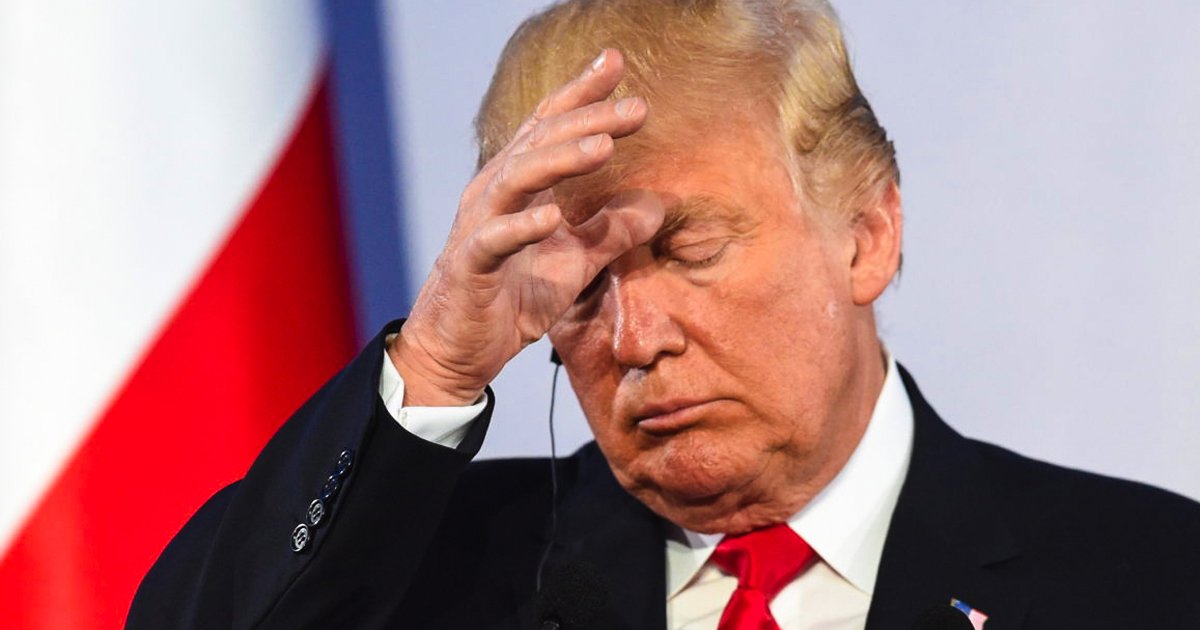Big Pharma companies paying kickbacks to doctors who promote their drugs has been rampant scourge against patients in the drug companies’ pursuit of bloated profits. Big Pharma giant GlaxoSmithKline (Glaxo) recently announced that it would cease its kickback programs.
From 2009 to 2012, Glaxo paid almost $240 million in kickbacks to doctors for promoting their products. Last quarter, the company had $10.1 billion in sales. In 2012, the company paid $3 billion in fines related to charges that it wrongfully marketed drugs for unapproved uses.
The New York Times reported that, in the first move of its kind among big pharmaceutical companies, Glaxo “will no longer pay doctors to promote its products and will stop tying compensation of sales representatives to the number of prescriptions doctors write.” Recently as well, Chinese authorities have accused Glaxo for illegally paying doctors and officials in order to boost sales.
Glaxo chief executive Andrew Witty said that the company’s decision was not related to the Chinese authority’s allegations. Instead, he claims the policy change is because the company wants to realign its operations.
We want “to try and make sure we stay in step with how the world is changing,” said Witty. “We keep asking ourselves, are there different ways, more effective ways of operating than perhaps the ways we as an industry have been operating over the last 30, 40 years?”
Other companies are allegedly considering similar policy changes to its sales practices. Marketing experts believe that this decision by other companies stems from “reaction to the required disclosure of such payments that will begin next fall under a provision of the health care law.”
Despite Witty claiming that Glaxo’s decision is a mere operational alignment, this is clearly a company trying to save face in the wake of lawsuits and allegations of dirty business practices. With an already shoddy public image, Glaxo is wanting to regain the public’s favor. But can the company really be trusted to cease its appetite for dirty profits?
Drug companies treat doctors to lavish dinners, pay them to speak at pharmaceutical conferences to endorse their products, and outright pay them illegal cash incentives. By doing this, the companies are buying the opinions of medical professionals which gets given to the patients. Drug companies not only engage in shady business practices, but they undermine the patient-doctor relationship where medical opinion is motivated by money instead of concern for the ill.
Josh is a writer and researcher with Ring of Fire. Follow him on Twitter @dnJdeli.


